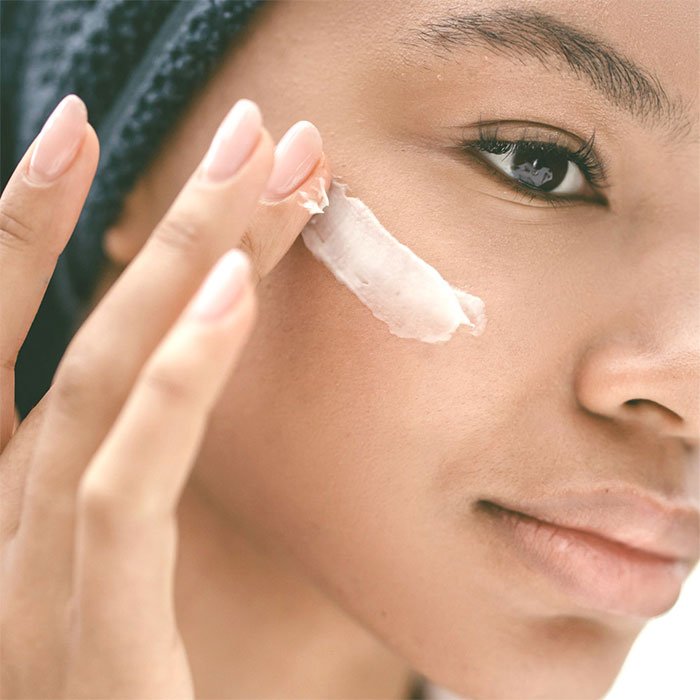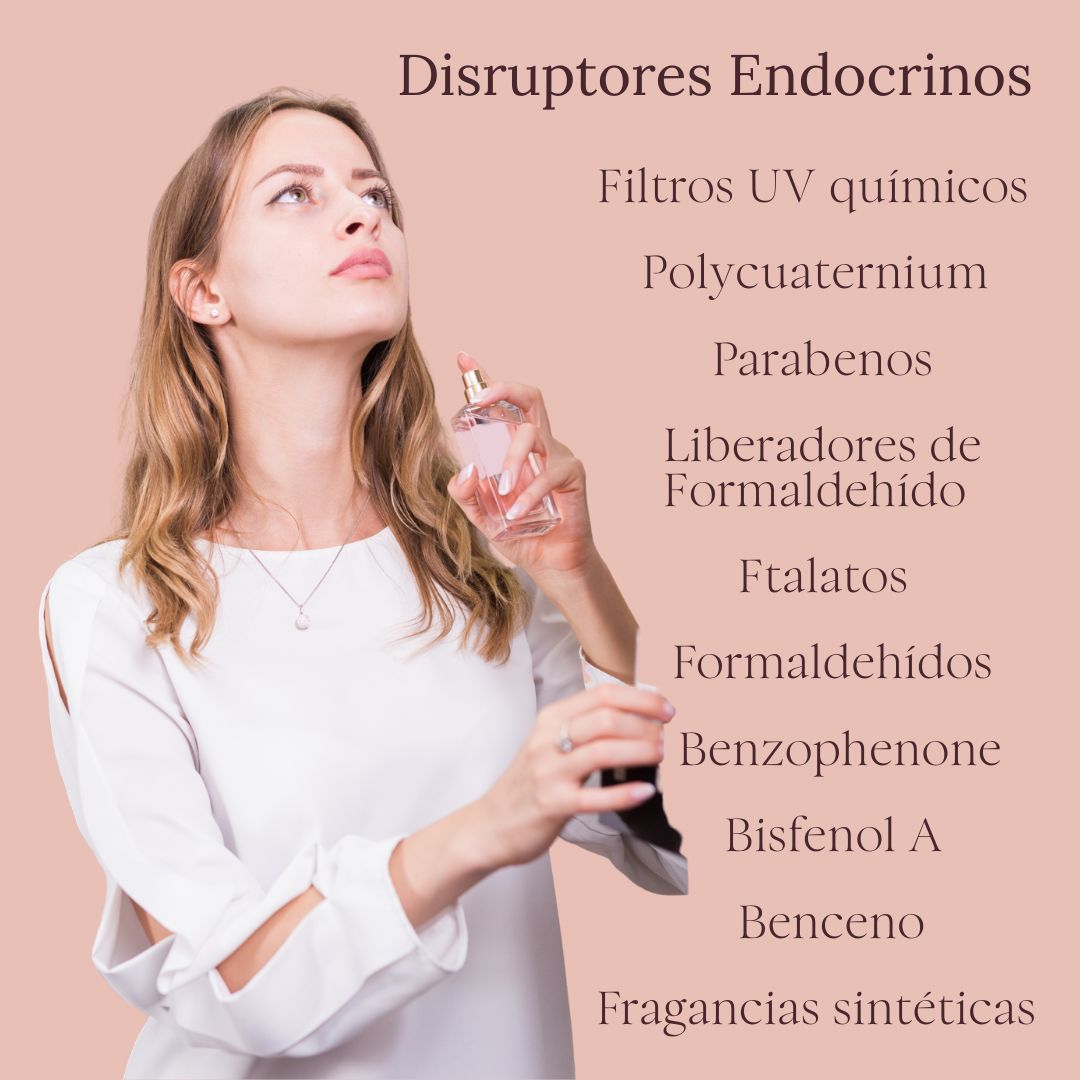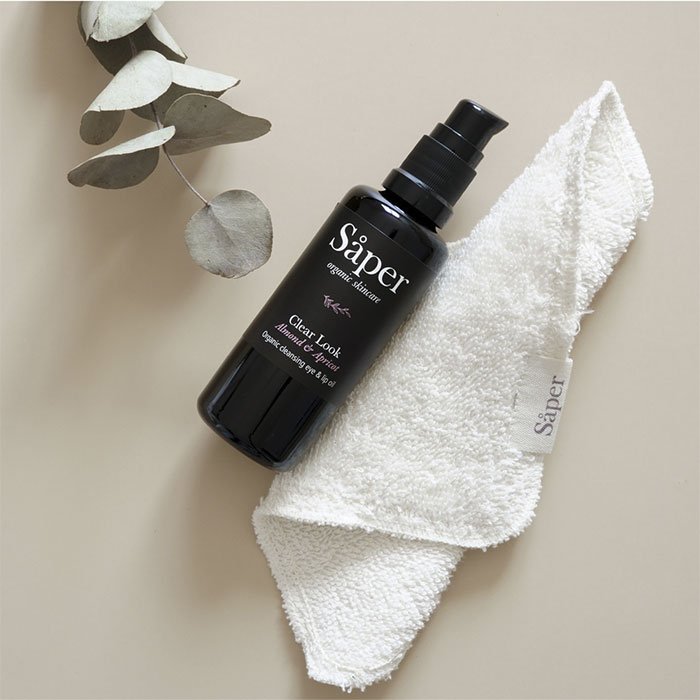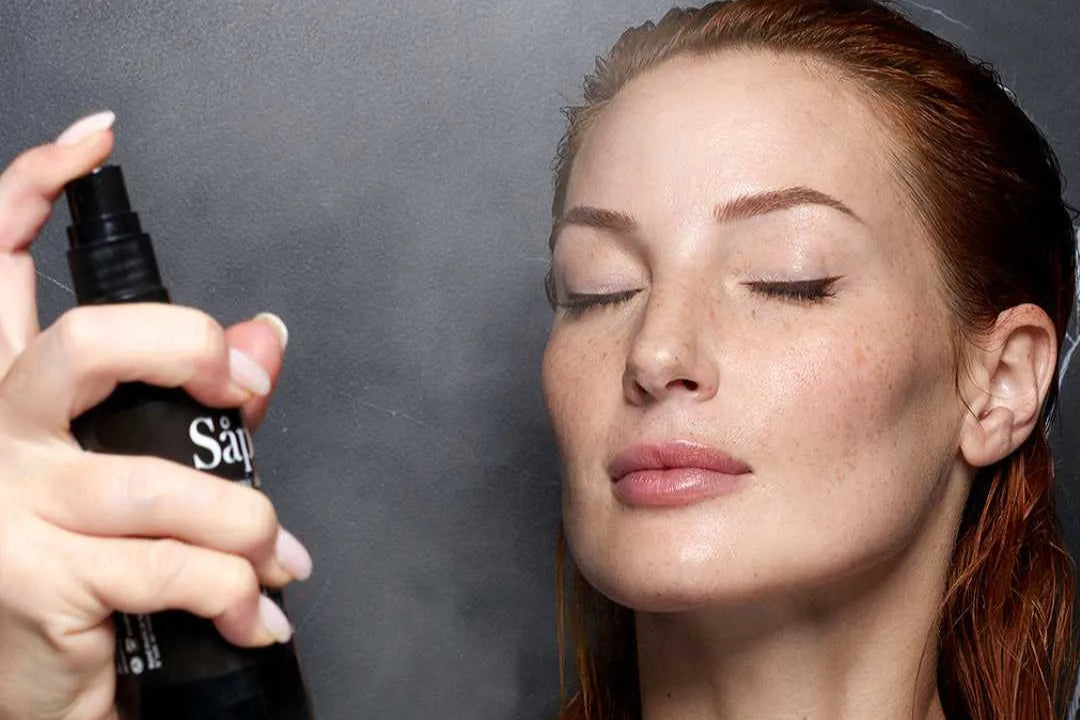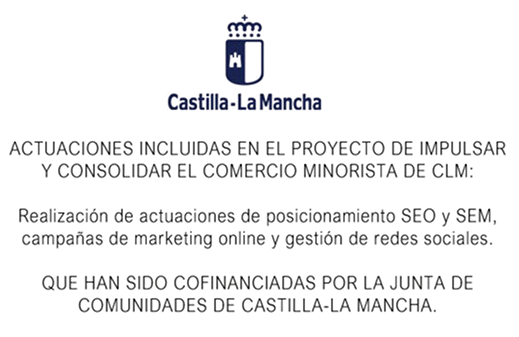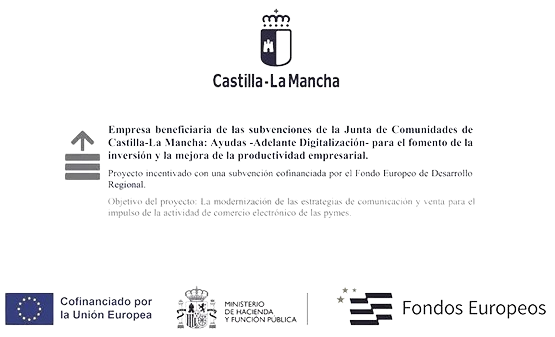What type of cosmetics does the OCU recommend?
The OCU (Spanish Consumer Organization) is the largest consumer and user organization in Spain. It is a private, independent, non-profit, and transparent association that works to defend consumer rights, prioritizing, it claims, the interests of its members.
On their website, they claim to offer the best information and advice to help you make the most appropriate consumer decisions. And while we think it's a wonderful project, when it comes to cosmetics, the OCU listings need to be reviewed, revised, and completed .
We'll look at this in more detail later.
Does the OCU take natural cosmetics into account?
Indeed, the OCU (Organic Organization of American States) takes natural cosmetics into account, which is a great advantage for consumers, because, as you well know, using beauty products with natural ingredients is very important.
But natural isn't enough. For a cosmetic to be truly beneficial for your body, it must contain natural, high-quality, organic, and cruelty-free ingredients.
The OCU (Organization of American Colleges of Organic Law) speaks about certified cosmetics and highlights the importance of these seals, as there is no specific legislation or legal definition that certifies natural cosmetics.
They mention seals such as Cosmebio, Ecocert, BDIH, Natrue, and Cosmos , which are the most well-known, but not the only ones. At Saper, we believe they should list all existing seals, since their main purpose is to support and facilitate safe and successful purchases . Consumers should be aware of these elements so they can choose the best anti-wrinkle cream , for example.
They also discuss synthetic ingredients, warning against the deception and misleading nature of design and advertising, and the importance of looking at the ingredient list.
However, the OCU offers a very small and summarized list of synthetic ingredients that are toxic to the body , and at Saper we believe it is their duty to offer the complete list, so that consumers can be aware of everything that exists:
List of ingredients to avoid in your cosmetics
On the other hand, when this organization reveals "the best eye contour according to the OCU" or "the best face cream according to the OCU," they usually recommend well-known brands and large laboratories that don't usually work with high-quality products. The problem we see, in this case, is that they are not fulfilling their advisory role: their duty is to research and promote those companies that, like us, take care of their products down to the smallest detail and don't launch anything onto the market that could be harmful to the individual .

So, is the OCU's opinion valid regarding natural cosmetics? Partly yes, partly no. They've done a great job covering this topic, but their depth is too shallow: they need to study it more thoroughly to be able to advise consumers correctly and appropriately .
From our point of view, it is very important that, when buying natural cosmetics, you carefully read the company's "manifesto", inquire about its history, values, purpose... Ask them questions, be inquisitive, don't take anything for granted and share all your doubts with them: only then will you be able to better understand what you are buying, who you are buying it from and why you are buying it .


